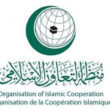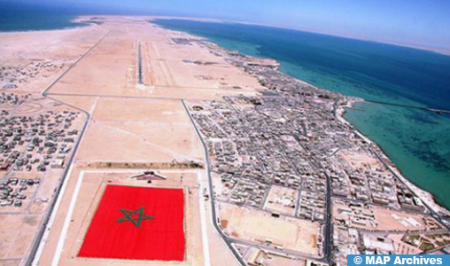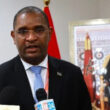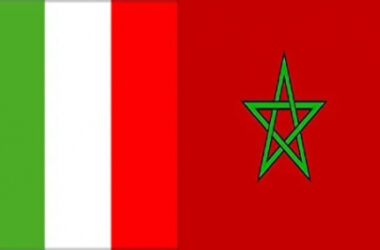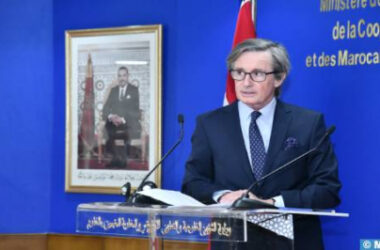“The Moroccan Sahara is at the forefront of the Kingdom’s regions, which benefit from all the reforms undertaken by Morocco in the political, economic, social, cultural and development fields, including human rights,” emphasized Eddahi Al-Khattat, a community activist from the city of Dakhla, at the C24 annual meeting.
In this regard, he pointed out that in 2015, His Majesty King Mohammed VI launched the New Development Model for the Southern Provinces, with a budget of eight billion dollars, noting that this large-scale project has made it possible to implement a series of socio-economic development projects that directly benefit the inhabitants of the Sahara and have established the region as an economic hub at regional and continental level.
In the same vein, he stressed that in the context of advanced regionalization, the populations of the Sahara, like all the regions of the Kingdom, elect their representatives at local, regional and national level to manage the affairs of the two regions of the Moroccan Sahara, in line with the democratic choice of their inhabitants, noting that during the elections, the southern provinces recorded the highest turnout in the Kingdom.
This broad support testifies to the attachment of the populations of these provinces to their Moroccan identity, as well as their total confidence in the Kingdom’s institutions and legislation, he affirmed, pointing out that thousands of civil associations are active in complete freedom in the Moroccan Sahara, thanks to the guarantees stipulated in the 2011 Constitution and all national laws.
He also underlined that the Moroccan Sahara is a region open to the world, visited on a daily basis by a large number of Moroccan and international civil society associations, national and foreign MPs, diplomats, UN Human Rights Council mandate holders and national and international media representatives.
He added that the National Human Rights Council (CNDH) has two regional commissions in Laayoune and Dakhla that support and strengthen respect for human rights, noting that the important role of these commissions has been commended in various Security Council resolutions, including 2654.


